The 25 Best Mutual Funds of All Time
There are plenty of opportunities for bragging rights in the mutual fund world, but these are the absolute best mutual funds based on performance since inception.


Profit and prosper with the best of Kiplinger's advice on investing, taxes, retirement, personal finance and much more. Delivered daily. Enter your email in the box and click Sign Me Up.
You are now subscribed
Your newsletter sign-up was successful
Want to add more newsletters?

Delivered daily
Kiplinger Today
Profit and prosper with the best of Kiplinger's advice on investing, taxes, retirement, personal finance and much more delivered daily. Smart money moves start here.

Sent five days a week
Kiplinger A Step Ahead
Get practical help to make better financial decisions in your everyday life, from spending to savings on top deals.

Delivered daily
Kiplinger Closing Bell
Get today's biggest financial and investing headlines delivered to your inbox every day the U.S. stock market is open.

Sent twice a week
Kiplinger Adviser Intel
Financial pros across the country share best practices and fresh tactics to preserve and grow your wealth.

Delivered weekly
Kiplinger Tax Tips
Trim your federal and state tax bills with practical tax-planning and tax-cutting strategies.

Sent twice a week
Kiplinger Retirement Tips
Your twice-a-week guide to planning and enjoying a financially secure and richly rewarding retirement

Sent bimonthly.
Kiplinger Adviser Angle
Insights for advisers, wealth managers and other financial professionals.

Sent twice a week
Kiplinger Investing Weekly
Your twice-a-week roundup of promising stocks, funds, companies and industries you should consider, ones you should avoid, and why.

Sent weekly for six weeks
Kiplinger Invest for Retirement
Your step-by-step six-part series on how to invest for retirement, from devising a successful strategy to exactly which investments to choose.
If you're seeking out the best mutual funds, keep your wits about you. Mutual funds have a mind-numbing selection of ways to claim bragging rights. "Best five-year record." "Best three-year record for value funds." "Best 10-year record for growth funds with at least $1 billion in assets."
Morningstar counts 110 mutual fund categories. Even if you spread the awards among the 8,000 or so garden-variety open-ended mutual funds, there would be plenty of opportunities for bragging rights. And, thanks to the longest-running bull market in history, everyone's 10-year record looks great.
But it's another thing to outperform the competition over the entirety of a fund's life.
Here are the 25 best mutual funds of all time. We looked at the records of all U.S.-listed stock funds – holding U.S. and/or international stocks alike – with at least a 20-year record, and ranked them based on returns since inception. Going for a minimum of two decades eliminates some of the bias from a decade-long bull market, and adds in at least two major bear markets.
You'll note there are no index funds, nor any international funds. We didn't exclude them – they just weren't in the top 25 top equity funds. Index funds don't aim to be top performers, and international funds are in a long-term performance drought. We did exclude bond and money market funds, however, because that's not where you go for high performance.
All-time returns data, from Morningstar Direct, is through Sept. 30 and is based on the oldest share class for each fund, which may or may not be open to new investment. Fund prices and all other performance data through Oct. 18 unless otherwise specified.
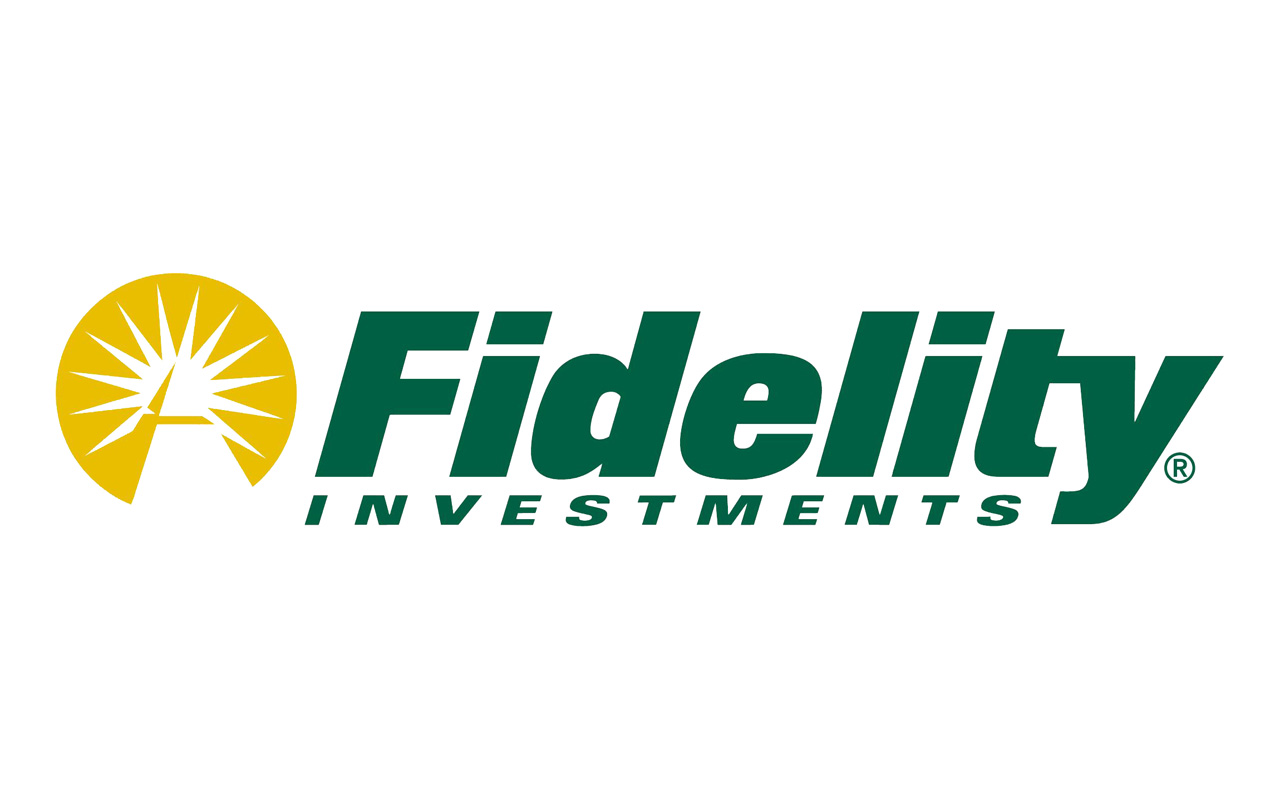
#25: Fidelity Growth Company
- Morningstar category: U.S. Large Growth
- Inception date: Jan. 17, 1983
- Average annual return since inception: 13.34%
Fidelity Growth Company (FDGRX, $19.67) has had the benefit of some of Fidelity's finest managers, including Robert Stansky, who powered the fund in the early 1990s, and Steve Wymer, who has managed it since 1997.
FDGRX looks for fast-growing stocks that can keep expanding for the next three to five years, and it has a penchant for technology and biotech stocks. The fund currently has nearly 35% of its portfolio invested in technology and 17% in health care.
Unfortunately, Fidelity Growth Company is among the best mutual funds that currently are closed to new investors.

#24: Fidelity Select IT Services
- Morningstar category: U.S. Technology
- Inception date: Feb. 4, 1998
- Average annual return since inception: 13.40%
Launched just two years before the tech-bubble burst of 2000, Fidelity Select IT Services (FBSOX, $70.99) is a direct bet on taking care of your technology – an industry that has grown as tech has become more complex.
Fidelity uses its sector funds as training grounds for its diversified funds; FBSOX has had 11 managers since 1999. Zach Turner, the current manager, has been at the helm for less than a year.
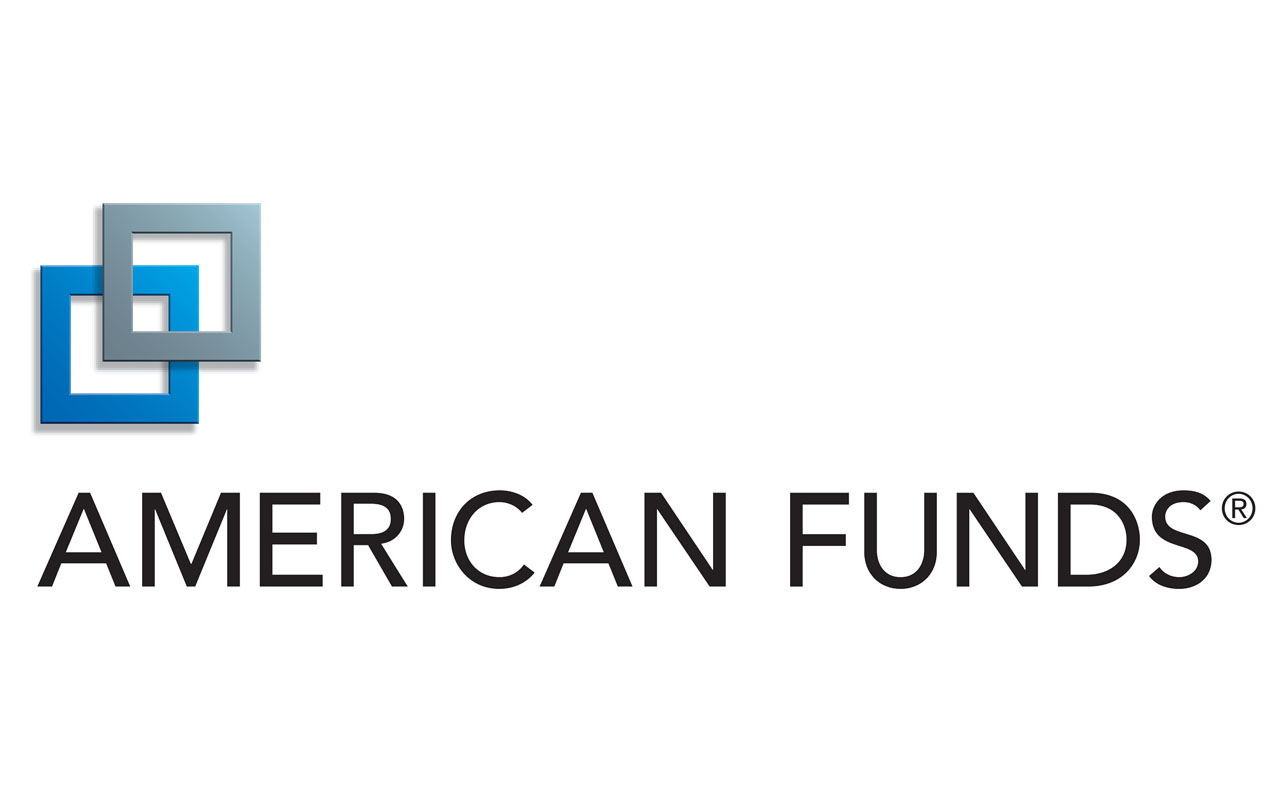
#23: American Funds The Growth Fund of America A
- Morningstar category: U.S. Large Growth
- Inception date: Dec. 1, 1973
- Average annual return since inception: 13.42%
The mammoth $186 billion American Funds The Growth Fund of America A (AGTHX, $49.76) has several weapons in its arsenal, the first of which is its low 0.62% expense ratio. (A-class shares come with a maximum 5.75% sales commission, but you can buy its no-load shares under the ticker GFAFX via many discount brokers). The second is American Funds' team-management approach, which has powered the fund since its inception.
Like many of the best large-growth mutual funds, AGTHX owns lots of tech giants: Facebook (FB), Microsoft (MSFT) and Amazon.com (AMZN) are the fund's top three holdings.
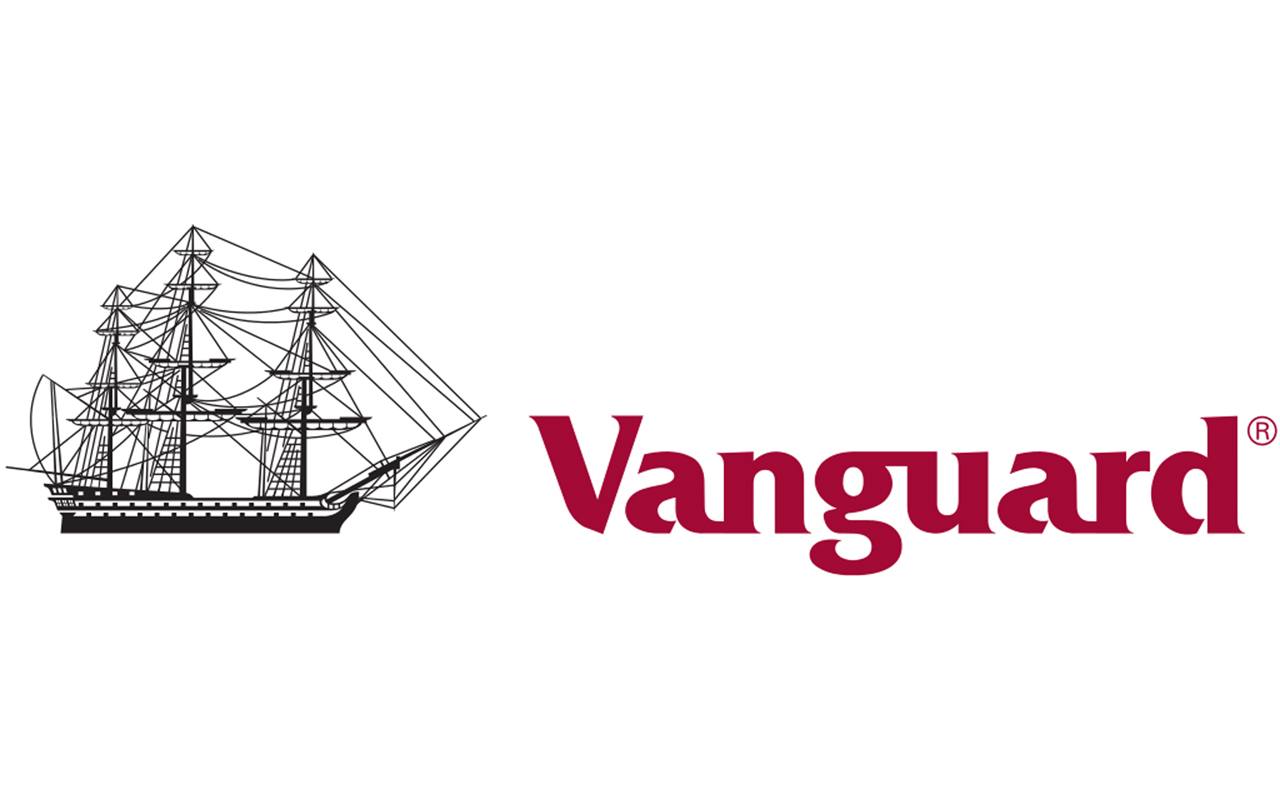
#22: Vanguard PRIMECAP Investor
- Morningstar category: U.S. Large Growth
- Inception date: Nov. 1, 1984
- Average annual return since inception: 13.46%
Vanguard PRIMECAP Investor (VPMCX, $133.22), which also uses a multimanager approach, looks for stocks of companies with above-average long-term growth prospects. Its 0.38% expense ratio and 8% turnover ratio are two other reasons VPMCX sits among the market's best mutual funds. In fact, investors adore this fund so much, it had to close itself to new money.
However, you still can get the PRIMECAP touch with PRIMECAP Odyssey Growth (POGRX), which has gained an average 10.66% since its inception in November 2004.
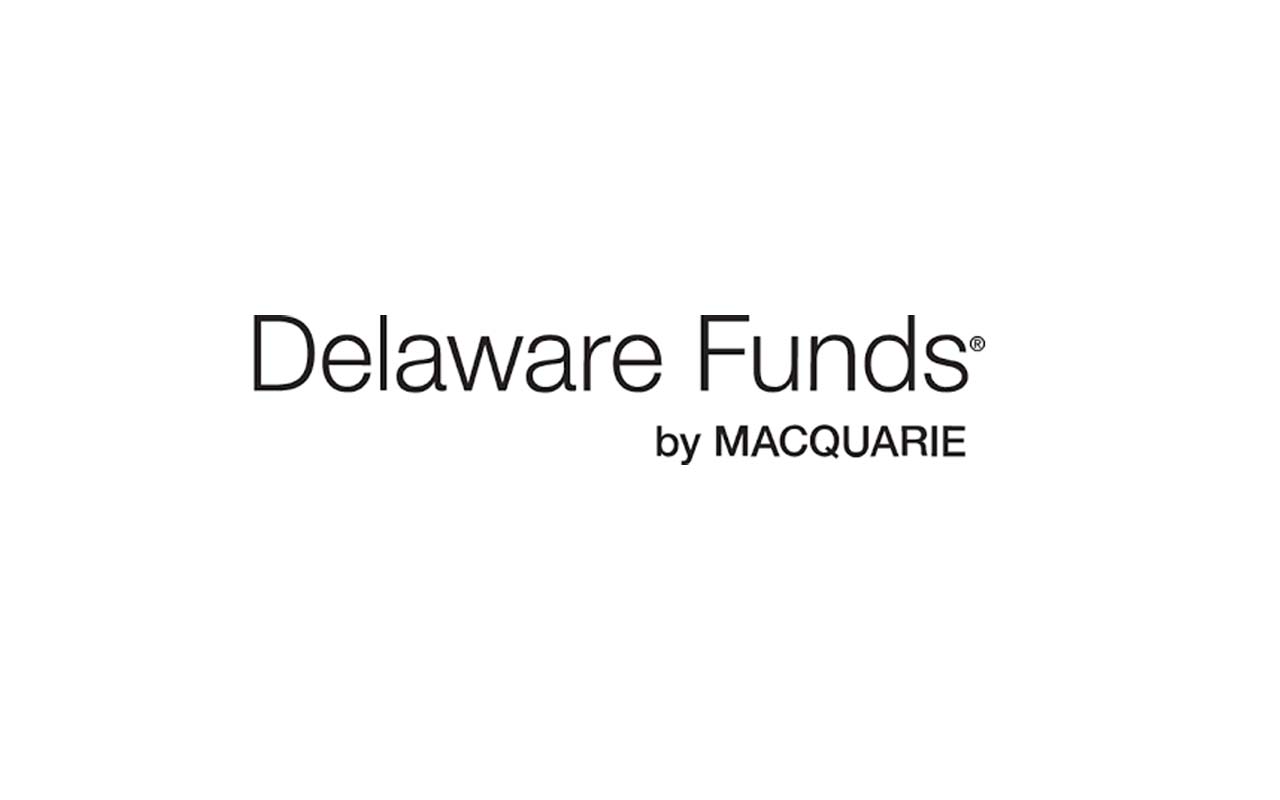
#21: Delaware Smid Cap Growth A
- Morningstar category: U.S. Small Growth
- Inception date: March 27, 1986
- Average annual return since inception: 13.47%
What's a "smid-cap" growth fund? It's one that invests in small and mid-cap funds. The strategy makes sense: Oftentimes, really great small and midsize companies eventually become great large-cap companies.
Delaware Smid Cap Growth A (DFCIX, $24.17) looks for hot investment themes and the companies that can grow from them. The current manager, Alex Ely, has been in charge since June 2016, although he leads a team of managers with longer tenure. The A shares carry a 5.75% maximum sales charge.
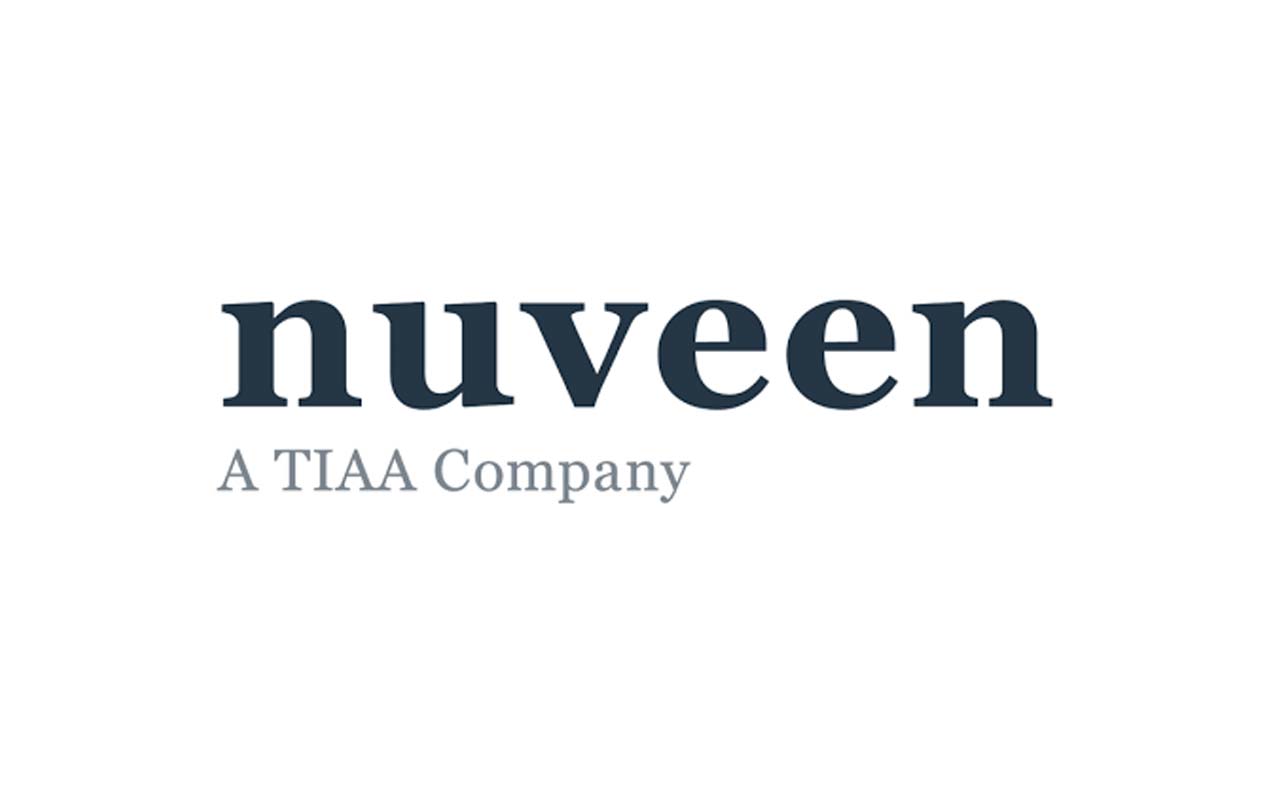
#20: Nuveen Small Cap Growth Opportunities I
- Morningstar category: U.S. Small Growth
- Inception date: Aug. 1, 1995
- Average annual return since inception: 13.49%
Nuveen Small Cap Growth Opportunities I (FIMPX, $25.06) may be one of the best mutual funds out there, but it can be a stressful holding. FIMPX is spectacular in bull markets, but painful in bears. The fund more than tripled between the start of 1998 and March 2000, then gave up a considerable chunk of those gains during the 2000-02 bear market.
While FIMPX has performed well during the current bull market, it's still lagging the Russell 2000 Growth Index over the past 10 years.
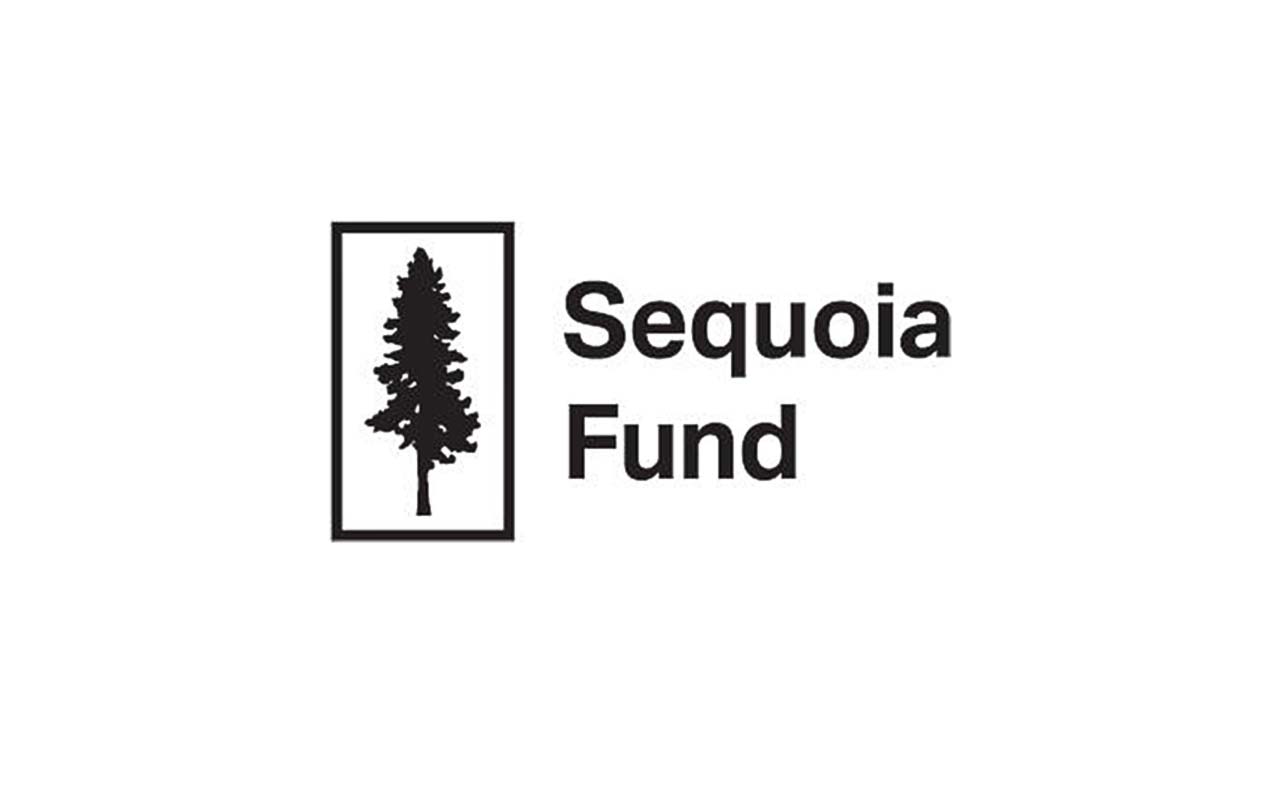
#19: Sequoia
- Morningstar category: U.S. Large Growth
- Inception date: July 15, 1970
- Average annual return since inception: 13.51%
Sequoia (SEQUX, $158.05) is a lesson in what can happen to even the best mutual funds when things go very wrong.
Sequoia shares were once so coveted that there was a lively online market to buy just one share to circumvent the fund's closure to new investors. But an ill-timed investment in Valeant Pharmaceuticals – now Bausch Health Companies (BHC) – sent the fund's shares plummeting more than 20% during the final quarter of 2015. (The fund has since recovered, and indeed is up more than 50% over the past three years.)
Although lead manager David Poppe left at the end of 2018, the remaining managers have plenty of experience.

#18: Fidelity OTC
- Morningstar category: U.S. Large Growth
- Inception date: Dec. 31, 1984
- Average annual return since inception: 13.63%
Back in 1984, OTC meant Nasdaq, and Nasdaq meant tech. It still means tech at Fidelity OTC (FOCPX, $11.57); the fund is 44% invested in technology, 20% in (often tech-like) communications and 15% in consumer cyclical stocks. Top holdings include the likes of Microsoft, Google parent Alphabet (GOOGL) and Apple (AAPL).
Manager Christopher Lin has only been at the helm since the start of this year, although he has help from Sonu Kalra, who managed the fund from 2005-09.
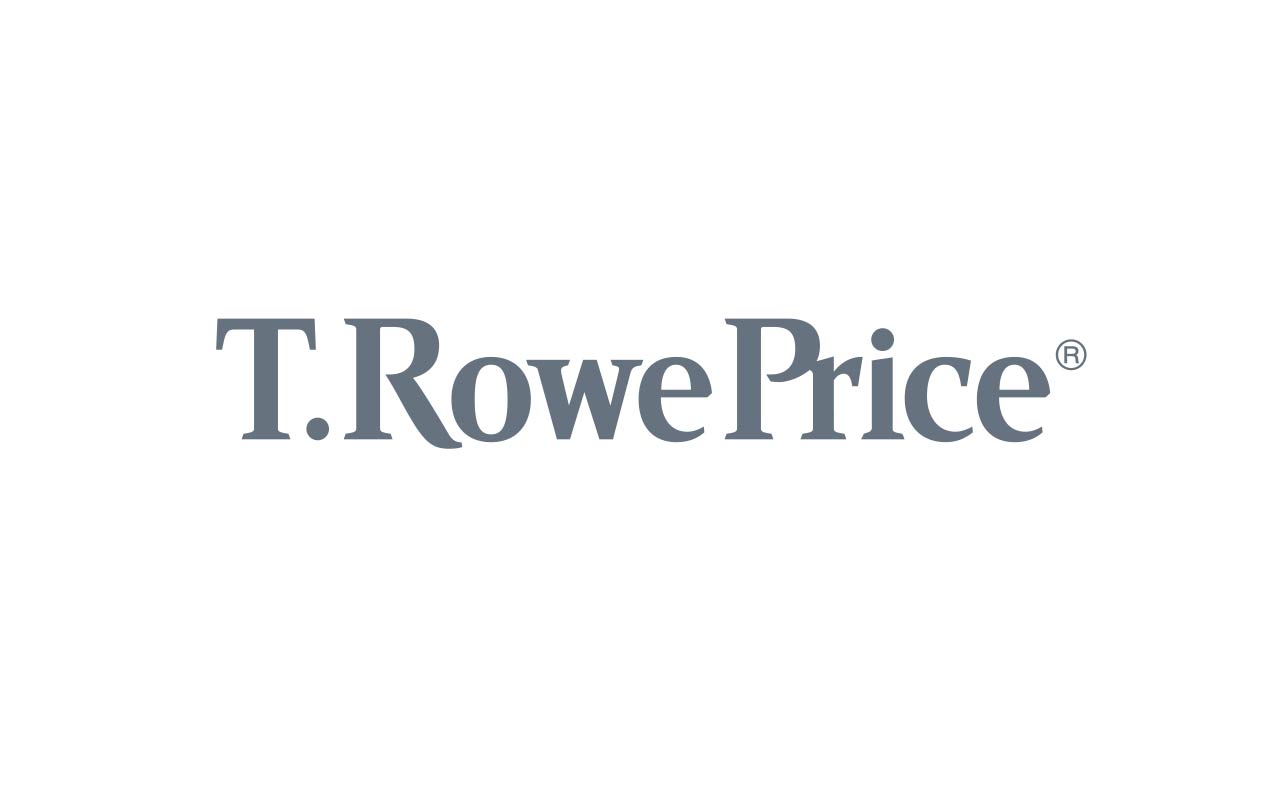
#17: T. Rowe Price Mid-Cap Growth Investor
- Morningstar category: U.S. Mid-Cap Growth
- Inception date: June 30, 1992
- Average annual return since inception: 13.67%
Make a note to give T. Rowe Price Mid-Cap Growth Investor (RPMGX, $93.58) a closer look when this top mutual fund reopens to new investors.
RPMGX looks for stocks with good growth prospects trading at a reasonable price, relative to earnings. The fund's caution has led it to be relatively light on technology – just 20% of assets, compared with 28.4% for the average mid-cap growth fund.
T. Rowe Price Mid-Cap Growth's low 25% turnover rate and 0.75% expense ratio are pluses, too.
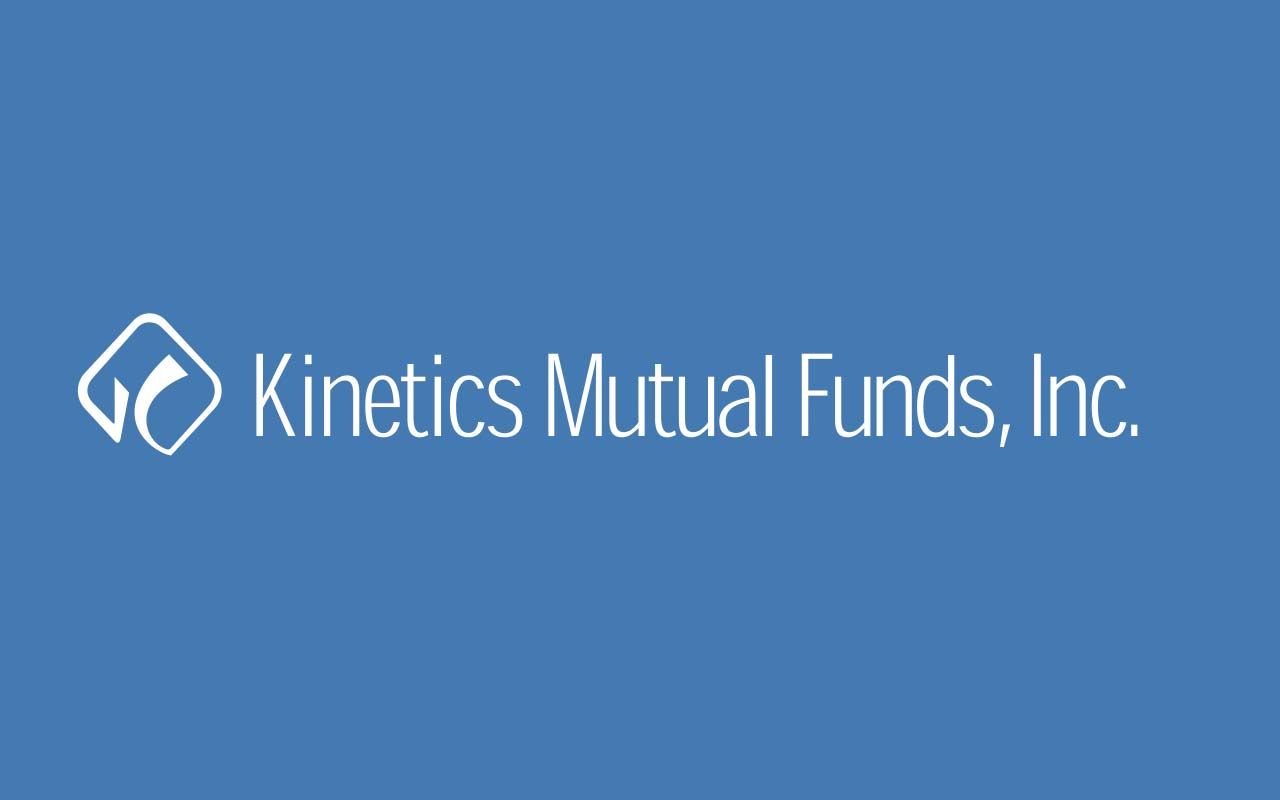
#16: Kinetics Internet No Load
- Morningstar category: U.S. Large Growth
- Inception date: Oct. 21, 1996
- Average annual return since inception: 13.67%
For a fund with "internet" in its name, Kinetics Internet No Load (WWWFX, $32.71) is remarkably diversified – just 22% in technology, but 33% in finance and 34% in real estate. Its largest holding is an 18.5% stake in the Grayscale Bitcoin Trust (GBTC); its second-largest holding is the Texas Pacific Land Trust (TPL).
A diversified approach has helped WWWFX find a place among the market's best mutual funds in the long term. However, it's lagging its large-growth peers over the past decade by 1.74 percentage points annually.
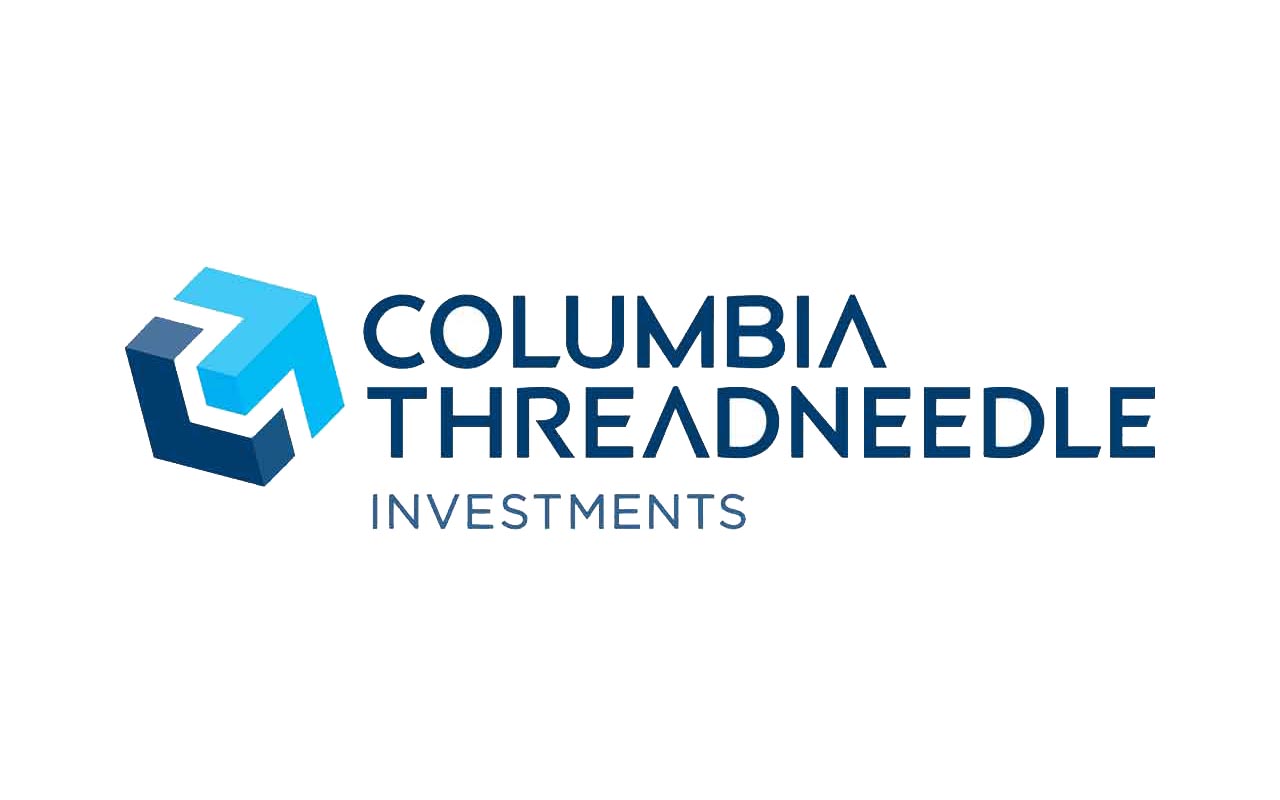
#15: Columbia Seligman Communications & Information A
- Morningstar category: U.S. Technology
- Inception date: June 23, 1983
- Average annual return since inception: 13.73%
Lead manager Paul Wick has run Columbia Seligman Communications & Information A (SLMCX, $77.70) since 1990, and he added two other managers, Sanjay Devgan and Shekhar Pramanick, in 2013. Three additional managers have come on board within the past few years.
For a tech fund, SLMCX's ride has been remarkably smooth for the past decade – it has suffered only two losing years (and those declines were modest) in the past 10. The fund has beaten its peers the past three, five, 10 and 15 years, and it's up more than 33% year-to-date through Oct. 20.
The fund carries a 5.75% maximum sales charge.
Learn more about SLMCX at the Columbia Threadneedle provider page.

#14: Fidelity Select Leisure
- Morningstar category: U.S. Consumer Cyclical
- Inception date: May 8, 1984
- Average annual return since inception: 13.79%
One thing you can nearly always count on is the ability of the American consumer to spend. Fidelity Select Leisure's (FDLSX, $15.85) top 10 holdings are a list of what so many of us hold dear: McDonald's (MCD), Starbucks (SBUX) and Yum! Brands (YUM) are the top three holdings. Planet Fitness (PLNT), a necessity after enjoying the previous three companies, ranks No. 10.
FDLSX has had more managers than a burger stand – a dozen since 1999 – but that hasn't kept it from rating among America's best mutual funds.

#13: Fidelity Select Retailing
- Morningstar category: U.S. Consumer Cyclical
- Inception date: Dec. 16, 1985
- Average annual return since inception: 13.92%
Retailing has been misery wrapped in agony the past few years. How do you make money? Having 22.2% of your portfolio in Amazon.com sure doesn't hurt. Adding significant stakes in Home Depot (HD, up 32.29% the past 12 months) and Dollar General (DG, up 50.08%) doesn't hurt, either.
Like most Fidelity sector funds, Fidelity Select Retailing's (FSRPX, $16.56) performance has been an ensemble cast. The current manager, Boris Shepov, has been running the fund for a little more than a year.

#12: T. Rowe Price Health Sciences Investor
- Morningstar category: U.S. Health
- Inception date: Dec. 29, 1995
- Average annual return since inception: 13.94%
Very few things are certain in this world, but the need for health care is one of them. And as America's 74 million baby boomers get older, they will need more health products and services.
Currently, health care is under a cloud because of the upcoming election. However, T. Rowe Price Health Sciences Investor's (PRHSX, $74.70) biotech holdings have helped boost performance – most notably Sage Therapeutics (SAGE), which is working on cures for rare brain disorders; the stock's up a little more than 46% this year. Manager Ziad Bakri has been at the helm for three years.

#11: Columbia Acorn Institutional
- Morningstar category: U.S. Mid-Cap Growth
- Inception date: June 10, 1970
- Average annual return since inception: 14.12%
Despite the Morningstar mid-cap growth designation, Columbia Acorn Institutional (ACRNX, $14.49) has long taken a value-oriented approach to picking stocks. At the moment, ACRNX is overweight health-care stocks relative to its index.
While Columbia Acorn's record puts it just outside the 10 best mutual funds of all time, note that the fund has undergone a number of management changes in the past few years. A measure of caution is warranted.
Interested investors can check out the fund's A-class shares, which sell under the ticker LACAX and charge a 5.75% maximum sales fee.
Learn more about ACRNX at the Columbia Threadneedle provider page.
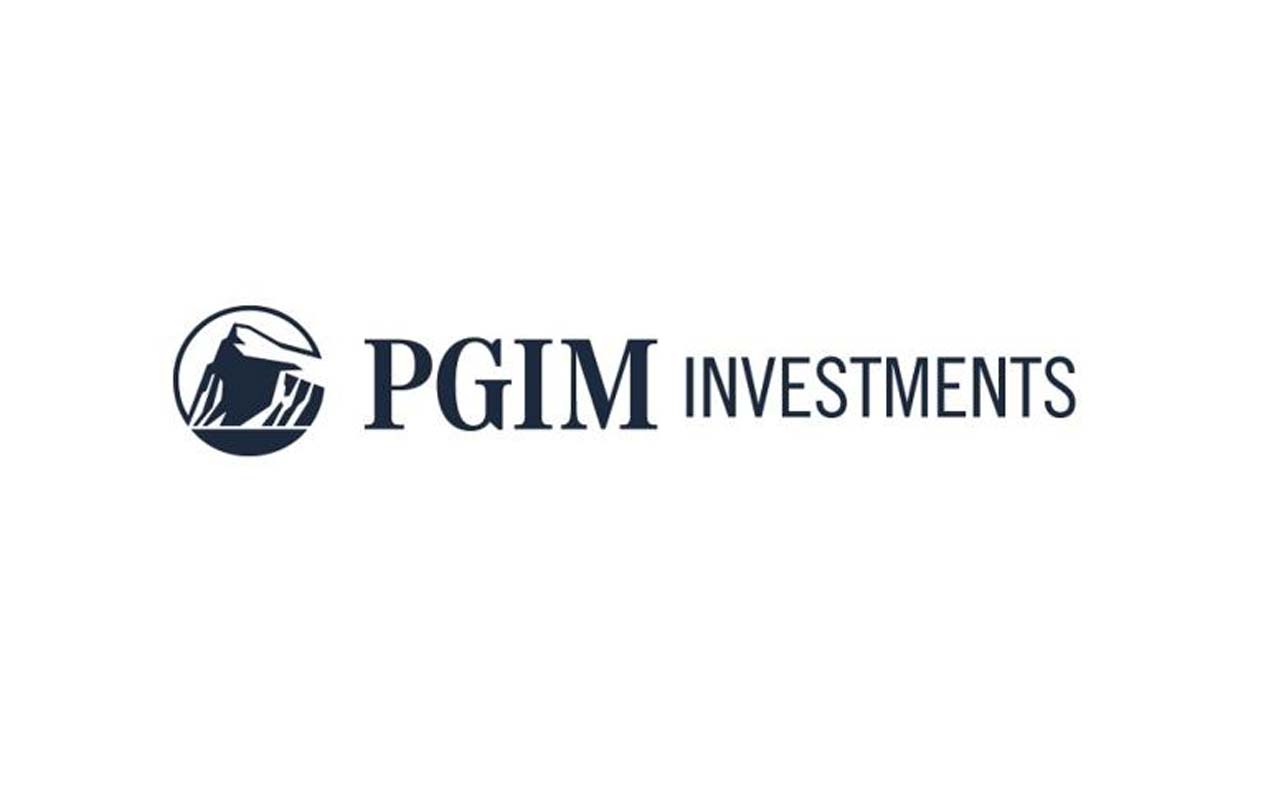
#10: PGIM Jennison Health Sciences Z
- Morningstar category: U.S. Health
- Inception date: June 30, 1999
- Average annual return since inception: 14.21%
You usually think about big pharmaceutical companies when you think about health care, but PGIM Jennison Health Sciences Z (PHSZX, $44.23) keeps a sharp eye on up-and-coming biotech stocks. And that has been the rocket fuel to this health-care fund. PHSZX's largest holding, Illumina (ILMN), provides tools and services to analyze genetic material.
Manager David Chan has been with the fund since inception; Debra Netschert joined in 2015.
PGIM Jennison Health Sciences has been closed to new investors since 2012.
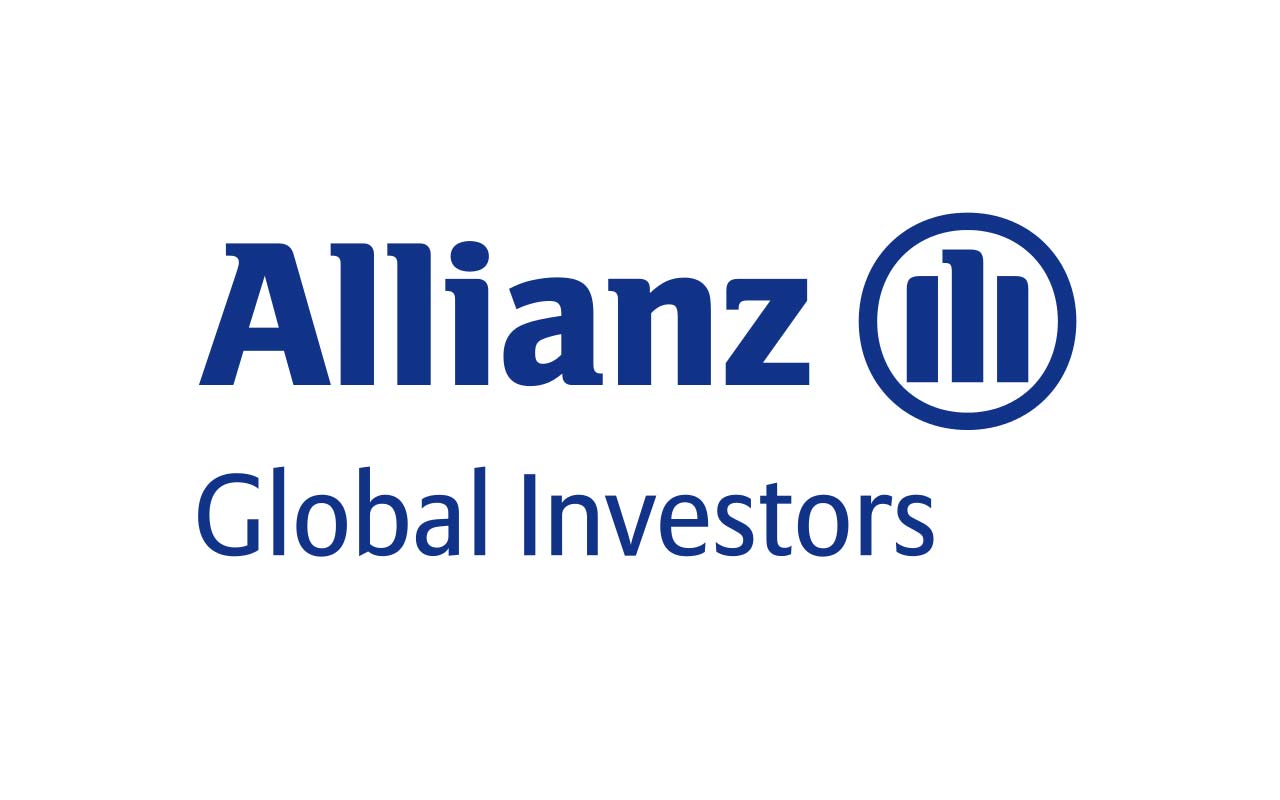
#9: AllianzGI Technology Institutional
- Morningstar category: U.S. Technology
- Inception date: Dec. 27, 1995
- Average annual return since inception: 14.21%
In technology, 25 years is an eternity. But managers Huachen Chen and Walter Price, Jr., have run AllianzGI Technology Institutional (DRGTX, $68.96) for nearly that long. They are fond of mid-cap stocks, which have slowed the fund's performance in these days of giants such as Netflix (NFLX) and Alphabet.
Although DRGTX's 16.4% gain this year is behind the average tech fund, it leads its peers the past three, five, 10 and 15 years.

#8: Fidelity Select Medical Technology and Devices
- Morningstar category: U.S. Health
- Inception date: April 28, 1998
- Average annual return since inception: 14.48%
Health care has become more dependent on technology, and the combination of the two has been a winner for Fidelity Select Medical Technology and Devices (FSMEX, $55.24).
In this fund, you'll find holdings such as Boston Scientific (BSX), which makes devices that help alleviate heart, stomach and blood flow. FSMEX continues to earn its spot among the market's 10 best mutual funds, gaining 27.41% annually over the past five years through Sept. 30, compared with 18.1% for the medical device industry.
Unlike most Fidelity sector-fund managers, Edward Yoon has been at the helm a long time – 12 years. Unfortunately, this fund is closed to new investors.

#7: T. Rowe Price Communications & Technology Investor
- Morningstar category: U.S. Communications
- Inception date: Oct. 13, 1993
- Average annual return since inception: 14.55%
T. Rowe Price Communications & Technology Investor (PRMTX, $116.78) merges the technology, communications and consumer discretionary sectors. It has 30% of its assets in tech, 30% in consumer cyclical stocks and 18% in communications. Its top holdings include Amazon.com, T-Mobile US (TMUS) and Chinese internet giant Tencent Holdings (TCEHY).
The past five years, PRMTX has gained an average 15.51% a year, whooping the typical category fund's 8.29% annual gain.

#6: BlackRock Health Sciences Opportunities Investor A
- Morningstar category: U.S. Health
- Inception date: Dec. 21, 1999
- Average annual return since inception: 14.66%
Manager Erin Xie has been steering BlackRock Health Sciences Opportunities Investor A (SHSAX, $59.76) for 16 years. SHSAX, which focuses on large-cap growth stocks in the health-care industry, currently is stuffed with massive names such as UnitedHealth Group (UNH), Abbott Laboratories (ABT) and Merck (MRK).
The fund's cautious approach has made it one of the best mutual funds of its kind; SHSAX has easily beat its peers over the past three, five, 10 and 15 years. It's not cheap, though, with a 1.15% expense ratio and a maximum 5.25% sales charge.

#5: Fidelity Select Health Care
- Morningstar category: U.S. Health
- Inception date: July 14, 1981
- Average annual return since inception: 15.37%
Manager Edward Yoon has been running Fidelity Select Health Care (FSPHX, $24.41) 11 years – an eternity for Fidelity's sector funds. But it has been a great eternity, and Yoon has received help from a small army of analysts.
He's not exactly high on big pharmaceuticals and instead is hunting faster-growing subindustries, such as health-care equipment and biotechs. He's also not afraid to go overseas, where almost 20% of his holdings are domiciled.

#4: Fidelity Magellan
- Morningstar category: U.S. Large Growth
- Inception date: May 2, 1963
- Average annual return since inception: 15.74%
Celebrated go-anywhere Fidelity Magellan (FMAGX, $10.89) is among the best-known mutual funds on the market. That's thanks in part to its spectacular beginning, which saw Edward C. "Ned" Johnson III gain an average of 30.6% annually from 1963 through the end of 1971. Peter Lynch, who ran the fund from 1977 through 1990, produced a sizzling 29.2% gain over his 13 years.
However, for the past 15 years, Magellan has lagged large-company growth funds by 1.69% annually on average. The fund's current manager, Jeffrey Feingold, will step down next year, ceding the helm to Sammy Simnegar, his current co-manager.

#3: Vanguard Health Care Investor
- Morningstar category: U.S. Health
- Inception date: May 23, 1984
- Average annual return since inception: 15.79%
Vanguard Health Care Investor (VGHCX, $194.76), the Cadillac of health-care funds, has tapped the brakes in the past few years. But that's no knock against this Kip 25 mutual fund. VGHCX's manager, Jean Hynes, has been driving it for 11 years and averaged a 11.53% annual gain through Sept. 30, compared to 4.9% for her benchmark index.
Furthermore, Vanguard Health Care charges a lean 0.34% a year in expenses for its Investor shares, while its Admiral share class charges just 0.28%.

#2: Wasatch Micro Cap
- Morningstar category: U.S. Small Growth
- Inception date: June 19, 1995
- Average annual return since inception: 15.96%
Micro-cap stocks – typically thought of as companies between $50 million and $300 million in market value – are poorly followed by Wall Street analysts, which should give savvy investors an edge.
Wasatch Micro Cap (WMICX, $7.46) seems to prove that. WMICX has beaten all those in its class by 2.04 percentage points a year over the past decade. It's a pricey fund, with a 1.65% expense ratio, but it has justified the cost with a performance that puts it near the tippy top of America's best mutual funds.
And Wasatch Micro Cap's $474.5 million in assets is small enough for it to stay open to investors for a while longer.

#1: Fidelity Select Software & IT Services
- Morningstar category: U.S. Technology
- Inception date: July 29, 1985
- Average annual return since inception: 16.05%
Fidelity Select Software & IT Services (FSCSX, $18.45) has not only survived the Crash of 1987, the Tech Wreck of 2000-02 and the Great Recession, but it has emerged as the top-performing fund since inception.
Manager Ali Khan has been at the helm for a little more than five years, scoring a 20.24% average annual gain through Sept. 30 that beats the typical category fund by 3.42% a year. The fund has a whopping 25% of its assets invested in Microsoft; its second-largest stake is a 7.14% position in Visa (V).
Profit and prosper with the best of Kiplinger's advice on investing, taxes, retirement, personal finance and much more. Delivered daily. Enter your email in the box and click Sign Me Up.

-
 Ask the Tax Editor: Federal Income Tax Deductions
Ask the Tax Editor: Federal Income Tax DeductionsAsk the Editor In this week's Ask the Editor Q&A, Joy Taylor answers questions on federal income tax deductions
-
 States With No-Fault Car Insurance Laws (and How No-Fault Car Insurance Works)
States With No-Fault Car Insurance Laws (and How No-Fault Car Insurance Works)A breakdown of the confusing rules around no-fault car insurance in every state where it exists.
-
 Why Picking a Retirement Age Feels Impossible (and How to Finally Decide)
Why Picking a Retirement Age Feels Impossible (and How to Finally Decide)Struggling with picking a date? Experts explain how to get out of your head and retire on your own terms.
-
 States That Tax Social Security Benefits in 2026
States That Tax Social Security Benefits in 2026Retirement Tax Not all retirees who live in states that tax Social Security benefits have to pay state income taxes. Will your benefits be taxed?
-
 What Fed Rate Cuts Mean For Fixed-Income Investors
What Fed Rate Cuts Mean For Fixed-Income InvestorsThe Fed's rate-cutting campaign has the fixed-income market set for an encore of Q4 2024.
-
 The Most Tax-Friendly States for Investing in 2025 (Hint: There Are Two)
The Most Tax-Friendly States for Investing in 2025 (Hint: There Are Two)State Taxes Living in one of these places could lower your 2025 investment taxes — especially if you invest in real estate.
-
 The Final Countdown for Retirees with Investment Income
The Final Countdown for Retirees with Investment IncomeRetirement Tax Don’t assume Social Security withholding is enough. Some retirement income may require a quarterly estimated tax payment by the September 15 deadline.
-
 What to Do With Your Tax Refund: 6 Ways to Bring Growth
What to Do With Your Tax Refund: 6 Ways to Bring GrowthUse your 2024 tax refund to boost short-term or long-term financial goals by putting it in one of these six places.
-
 What Does Medicare Not Cover? Eight Things You Should Know
What Does Medicare Not Cover? Eight Things You Should KnowMedicare Part A and Part B leave gaps in your healthcare coverage. But Medicare Advantage has problems, too.
-
 12 Great Places to Retire in the Midwest
12 Great Places to Retire in the MidwestPlaces to live Here are our retirement picks in the 12 midwestern states.
-
 15 Cheapest Small Towns to Live In
15 Cheapest Small Towns to Live InThe cheapest small towns might not be for everyone, but their charms can make them the best places to live for plenty of folks.
